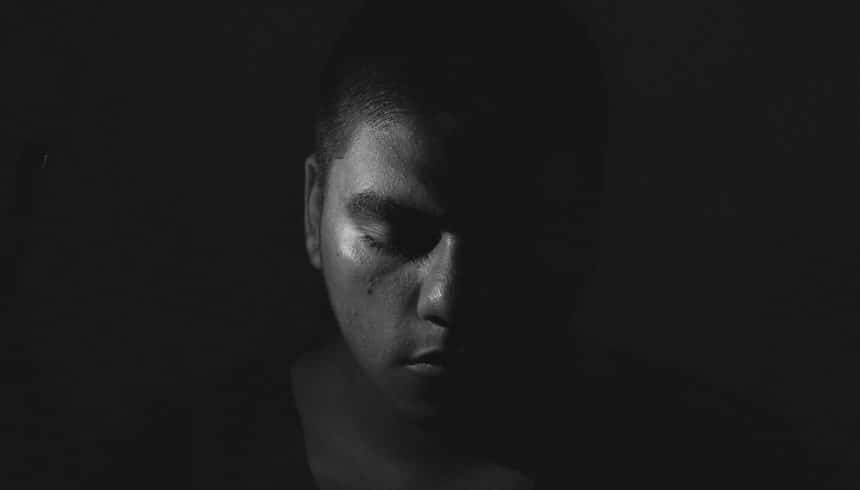This is a deeply troubling time for everyone, and especially for the weakest and most vulnerable members of our society. It has particular dangers for people in detention, people seeking asylum, and other vulnerable migrants, together with all who are destitute and homeless. JRS UK is standing with the refugees we accompany and serve, with others affected, and with our colleagues in the sector, to call for urgent provision of accommodation for a community made destitute, and suspension of immigration enforcement policies that put people at greater risk. This is badly needed, because the range of hostile measures that normally exclude and marginalise them are now crueller and more dangerous than ever.
The refugees we serve in the community have been made destitute by the asylum system. Some routinely sleep rough, while others couch-surf among various friends and acquaintances, sporadically finding themselves on the streets or night buses as a couch does not always materialise. Destitution is always dangerous to health. In these circumstances, it presents an additional very serious problem: those who become ill have nowhere to self-isolate and recover. And lack of immigration status, and therefore access to public funds, make it even harder for homeless migrants to get help if they need to.
The NHS charging regime, which is applicable to people refused asylum among others, also makes it more difficult to ensure that everyone who needs it gets care. If you can’t afford a massive bill and are worried about immigration enforcement, you are likely to be deterred from seeking healthcare by a system that includes upfront charging for a raft of treatment. People don’t know what they’ve got when they get sick, and the charging and data-sharing arrangements can be oblique and confusing – I certainly find them so. To effectively identify and treat infectious diseases across a population, healthcare in general needs to be accessible to the whole population. Testing and treatment for coronavirus is exempted from charging. This is good as far as it goes – it acknowledges everyone should get treatment when they need it. But to make sure that happens, charging for NHS care and data sharing between the NHS and the Home Office need to be abolished entirely.
And the practice of immigration detention, anyway bad for health, poses particularly stark risks in this context. Detention is a tightly confined space. There is good evidence that healthcare provision in detention is poor. Keeping people in detention during the coronavirus outbreak would be risky for them, for detention centre staff, and indeed public health. Additionally, removing people will be virtually impossible in many cases, due to travel bans and restrictions across the globe. If the government’s purpose in detention is removal, they have no reason to use detention at the moment. Those currently held in detention should be urgently released, and the no more should be detained.
We are facing a serious challenge that affects everyone in society. We cannot address it if we don’t protect everyone. And, anyway, everyone matters.
Sophie Cartwright is Policy Officer at JRS UK
If you would like to support the destitute refugees we serve at this time, please donate to our Refugee Friends’ Hardship Fund



